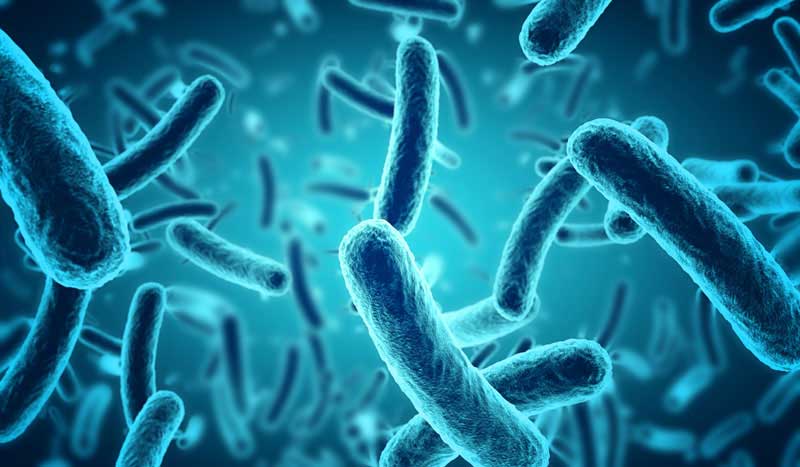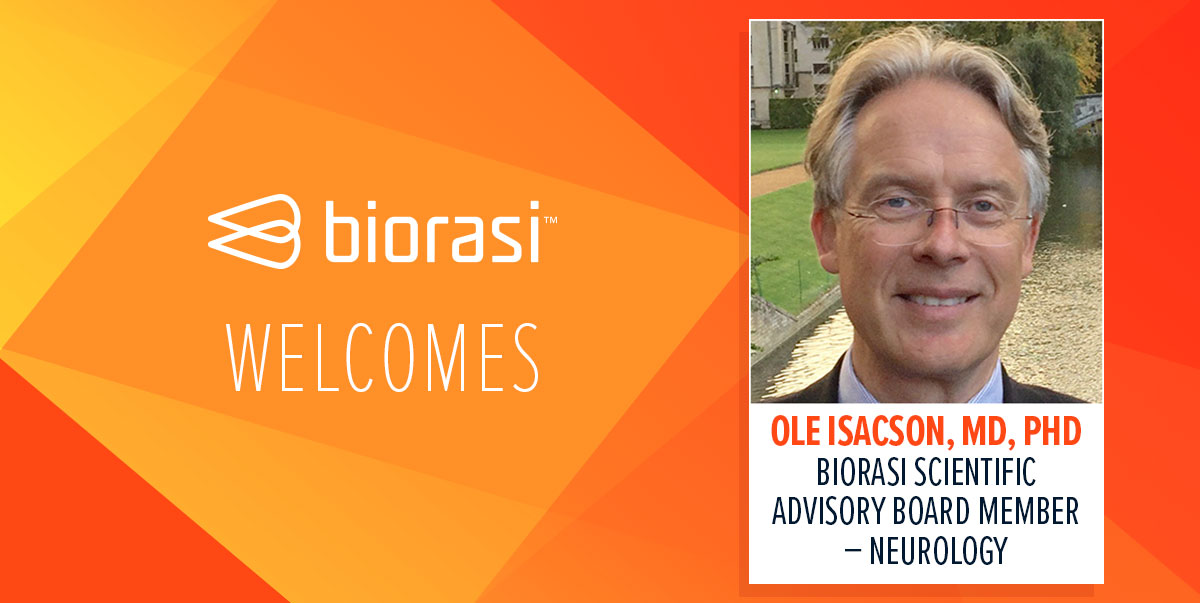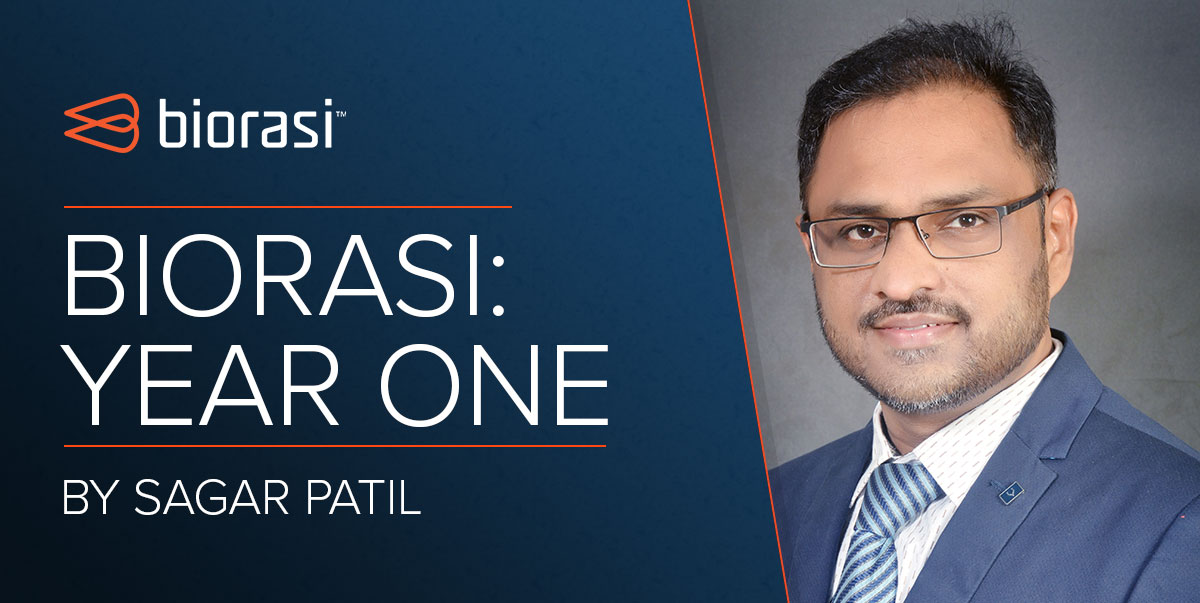“Microbiome” has become a consumer product buzzword, found in advertisements for soap and dozens of foods that contain “friendly bacteria.” Meanwhile, the scientific community is discovering new connections between the microbiome and our physical and mental health. Manipulating the microbiome may, in time, lead to cures and more targeted treatments.
The microbiome–gut–brain axis
The microbiome contains around 10,000 different types of bacteria, fungi, protozoa, and other microbial cells that contact directly with the human body according to the Human Microbiome Project. The skin, eyes, mouth, and vagina all contain large concentrations of microbes; however, the gut has the largest population.
Changes in the gut microbiome are associated with autoimmune diseases such as type 1 diabetes, rheumatoid arthritis, muscular dystrophy and multiple sclerosis. Microbiomes with less diverse or lower number of bacteria are associated with conditions such as inflammatory bowel disease, Crohn’s disease and even asthma. Mood disorders such as depression and anxiety are also linked to the absence or presence of certain bacteria in the gut microbiome.
The gut-brain axis refers to the bidirectional biochemical signaling that takes place between the gastrointestinal tract and the central nervous system by way of the vagus nerve. When you’re under extreme stress and get a stomachache, that’s the gut-brain axis at work. The microbiome plays role in that signaling.
Gut microbes produce neurotransmitters such as GABA and serotonin that affect mood, appetite and thinking. Evidence in mice has shown that certain gut microbes activate the vagus nerve, having an impact on the brain and behavior.
The gut-brain axis is a relatively new area of research; the microbiome, newer still.
We’re now only beginning to understand how the microbiome influences our health and behavior and vice versa. Through studies in mice and germ-free mice, researchers are finding exciting correlations between the microbiome and disease.
The microbiome and mental health
What if people with depression could take a probiotic instead of an SSRI? A growing body of research is looking at “psychobiotics” as a possible solution to clinical depression as well as chronic stress and anxiety.
One clinical trial gave participants with major depressive disorder either a placebo or a probiotic supplement that contained two billion CFUs each of Lactobacillus acidophilus, Lactobacillus casei, and Bifidobacterium bifidum. After eight weeks, the probiotic group had significantly decreased their depression scores compared to the placebo group. The probiotic group also experienced decreased systemic inflammation, lower insulin levels, reduced insulin resistance, and an increase in the antioxidant glutathione.
Researchers out of McMaster University in Hamilton, Ontario, conducted a prospective study to evaluate the effects of probiotic Bifidobacterium longumNCC3001on anxiety and depression in patients with irritable bowel syndrome (IBS). At six weeks, 14 of the 22 patients given daily doses of the probiotic reported reduced depression scores of two points or more compared to seven of 22 in the placebo group. The supplement had no effect on anxiety or IBS symptoms. Researchers associated the improvements with changes in brain activation patterns, indicating the probiotic reduced limbic reactivity.
Correlations between bacteria and psychiatric disorders may inform other treatments, as well. A large study investigating the human microbiome conducted by the American Gut Project found that people living with post-traumatic stress disorder (PTSD), schizophrenia, depression, or bipolar disorder had more bacteria in common with each other than they did with the controls. The association remained regardless of age, race, gender, or geographical location.
The America Gut Project study, which tested more than 15,000 samples provided by 11,336 people, affirms connections made in previous research. For example, a 2017 study published in Microbiome by a team out of APC Microbiome Institute at University College Cork in the Republic of Ireland found that the absence of certain gut bacteria in mice altered microRNA expression in regions of the brain connected to anxiety and depression.
The microbiome and autoimmune diseases
Multiple studies have connected microbiome disruptions to autoimmune conditions such as Crohn’s disease, rheumatoid arthritis, Alzheimer’s disease, and Parkinson’s disease, among others. A study published in Movement Disorders last year looked at the connection between microbiota and Parkinson’s disease and idiopathic rapid eye movement sleep behavior, which is associated with Parkinson’s disease.
The authors found “microbial abundances” ofgut microbial taxa in Parkinson’s disease subjects, as well as overlaps between Parkinson’s and idiopathic REM sleep subjects. The results “highlight the potential of metagenomics to identify and characterize microbial taxa, which are enriched or depleted in [Parkinson’s disease] and/or idiopathic rapid eye movement sleep behavior disorder.”
As researchers continue to uncover links between the microbiome and disease, determining the cause remains the next puzzle to solve. Was depression caused by a change in gut flora or did depression cause the gut flora to change?
We do know the microbiome and its makeup plays a role in our health. As we learn more about its connection to a host of diseases and disorders, we expect to see specific bacterial molecules as potential druggable targets.
To find out more about how our team manages complex studies, speak with one of our experts.





